
Erich J. Schock
MANAGING SHAREHOLDER & CHAIR, REAL ESTATE, LAND USE & DEVELOPMENT

With decades of experience in counseling private developers, investors, lenders, and utility companies, our team is equipped to manage all legal aspects in every phase of your Pennsylvania infrastructure or energy sector project. We leverage our long-standing relationships with municipalities and financial institutions, as well as our knowledge of local, state and federal regulatory statutes, to help make your transactions smooth and successful.
We understand the unique challenges and opportunities facing the businesses that keep our country running. Our team has a proven track record in navigating complex regulatory environments and optimizing transaction structures for infrastructure projects.
Our Energy & Infrastructure attorneys offer a wide range of services for both public and private sector clients, providing legal solutions for complex infrastructure projects, addressing current needs and foreseeing future challenges and opportunities.
We are well-versed in the following matters:
MANAGING SHAREHOLDER & CHAIR, REAL ESTATE, LAND USE & DEVELOPMENT
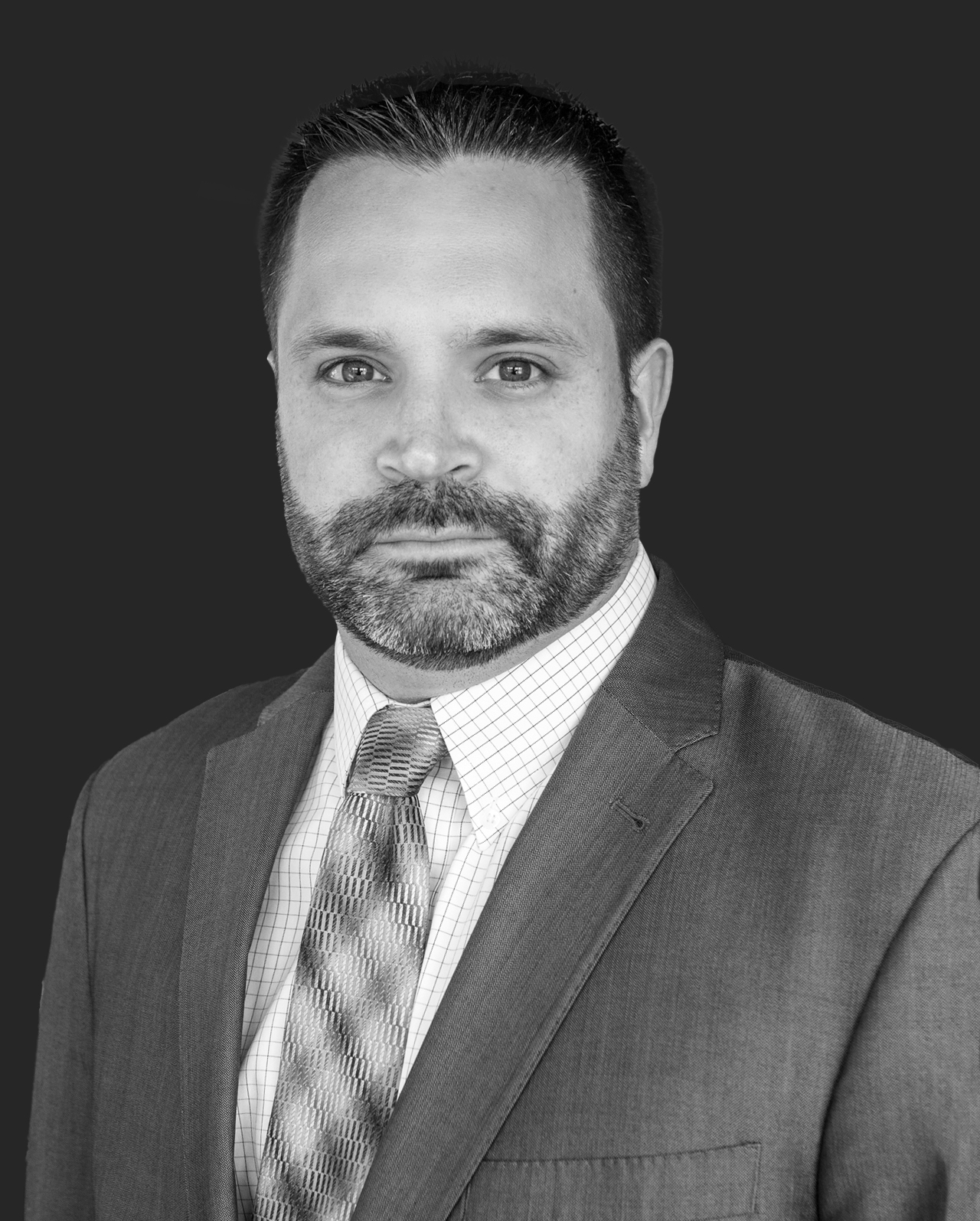
DEPUTY MANAGING SHAREHOLDER

SPECIAL COUNSEL

SHAREHOLDER

FOUNDER AND SHAREHOLDER

SHAREHOLDER

SHAREHOLDER
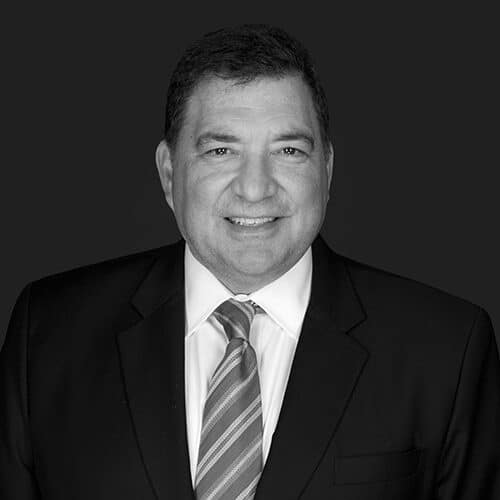
SHAREHOLDER
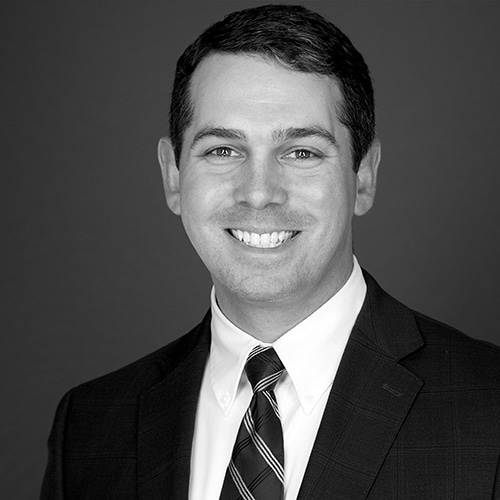
SHAREHOLDER

LICENSED TO PRACTICE IN NY ONLY

ASSOCIATE
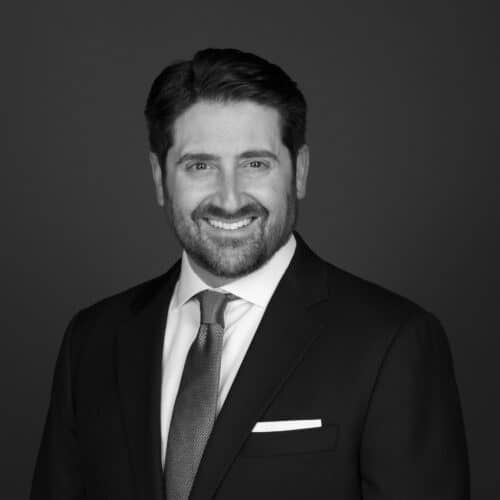
SPECIAL COUNSEL
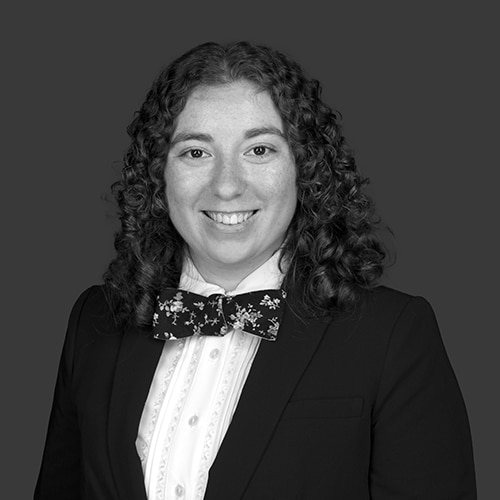
ASSOCIATE

ASSOCIATE